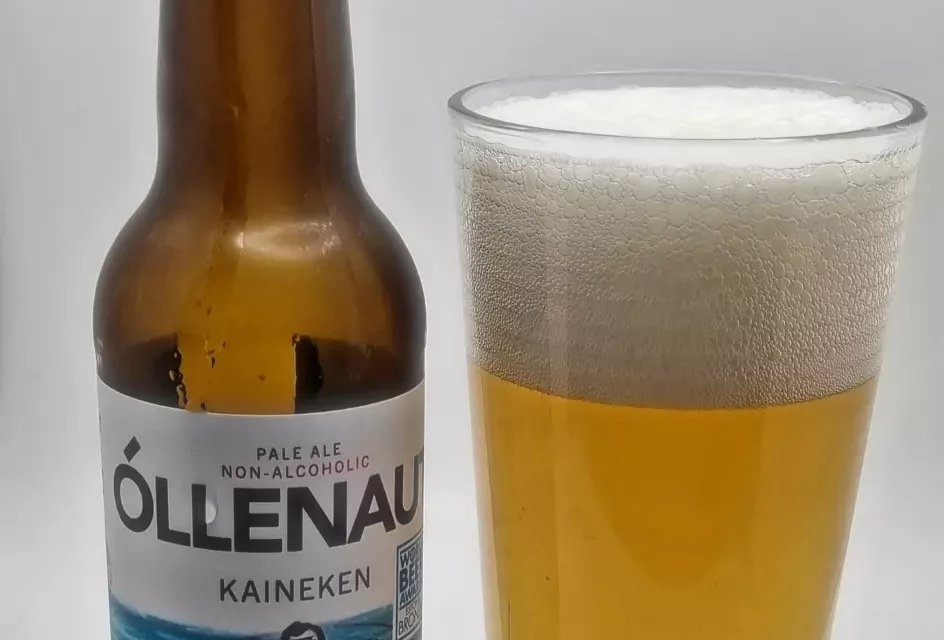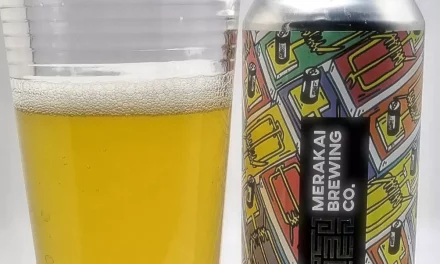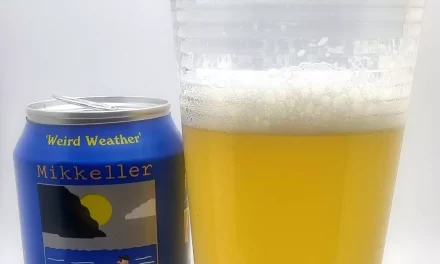Ollenaut Kaineken Pale ale
Ollenaut (whose name translates to ‘beer explorer’) is a decade-old Estonian brewery set up by a chap named Urmas Roots. Since their conception Ollenaut has become quite the hit in their native country, producing tasty alcohol-free beers including the one I tried today, the Ollenaut Kaineken Pale Ale.
Ollenaut takes great care and pride when producing their beers. They use a ‘new age’ yeast that’s designed specifically for brewing non-alcoholic beers. This means that the taste and aromas aren’t impacted by being overly treated.
The question is, as the first alcohol-free Estonian beer I’ve tried, is it one to rally the Tallin’s or destined for obscurity? Well, you’ll just need to read my review below to find out.
Is Ollenaut Kaineken Pale Ale any good?
Taste
Not bad. Not bad. Certainly lots of familiar pale ale flavours and sensations. Expect bitter punchy hop flavours breaking through a subtle sweetness with a slight citrus background. All-in-all this is a refreshing beer that should appease most non-alcoholic beer drinkers.
Aroma & Appearance
As you can expect from a pale ale you get some worty bitter aromas when you first take a whiff of this beer. In the glass, it pours with a cloudy-ish amber colour and a rather exceptional frothy head.
Bonus points
It is actually quite hard to find dietary info on this beer so I can’t tell you if it’s suitable for vegans or gluten-free drinkers. Availability-wise your best bet is to buy Ollentaut Kaineken from the supplier below.
Buy Ollenaut Kaineken
At the time of writing, you can buy this non-alcoholic pale ale from the retailer below.
The Dry Drinker is a great allrounder when it comes to alcohol-free drinks with a great range of wines, beers and spirits.
COST (at time of publication) – £18 x 8 bottles
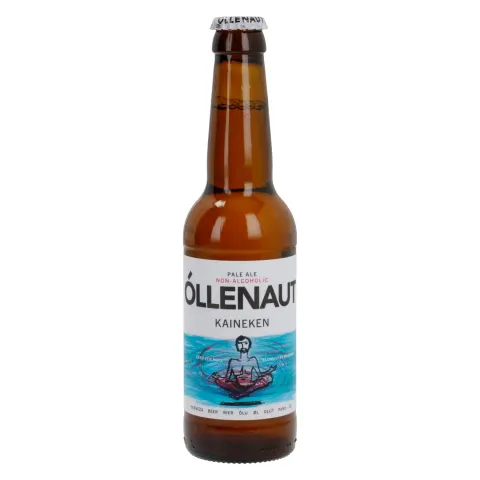
Key information
– per 100ml
Type – Pale ale
Brewery – Ollenaut Kaineken
Country – Estonia
Alcohol content – 0.5%
Calories – 22
Vegan friendly? – unknown
Gluten-free? – unknown
Availability – medium/ hard
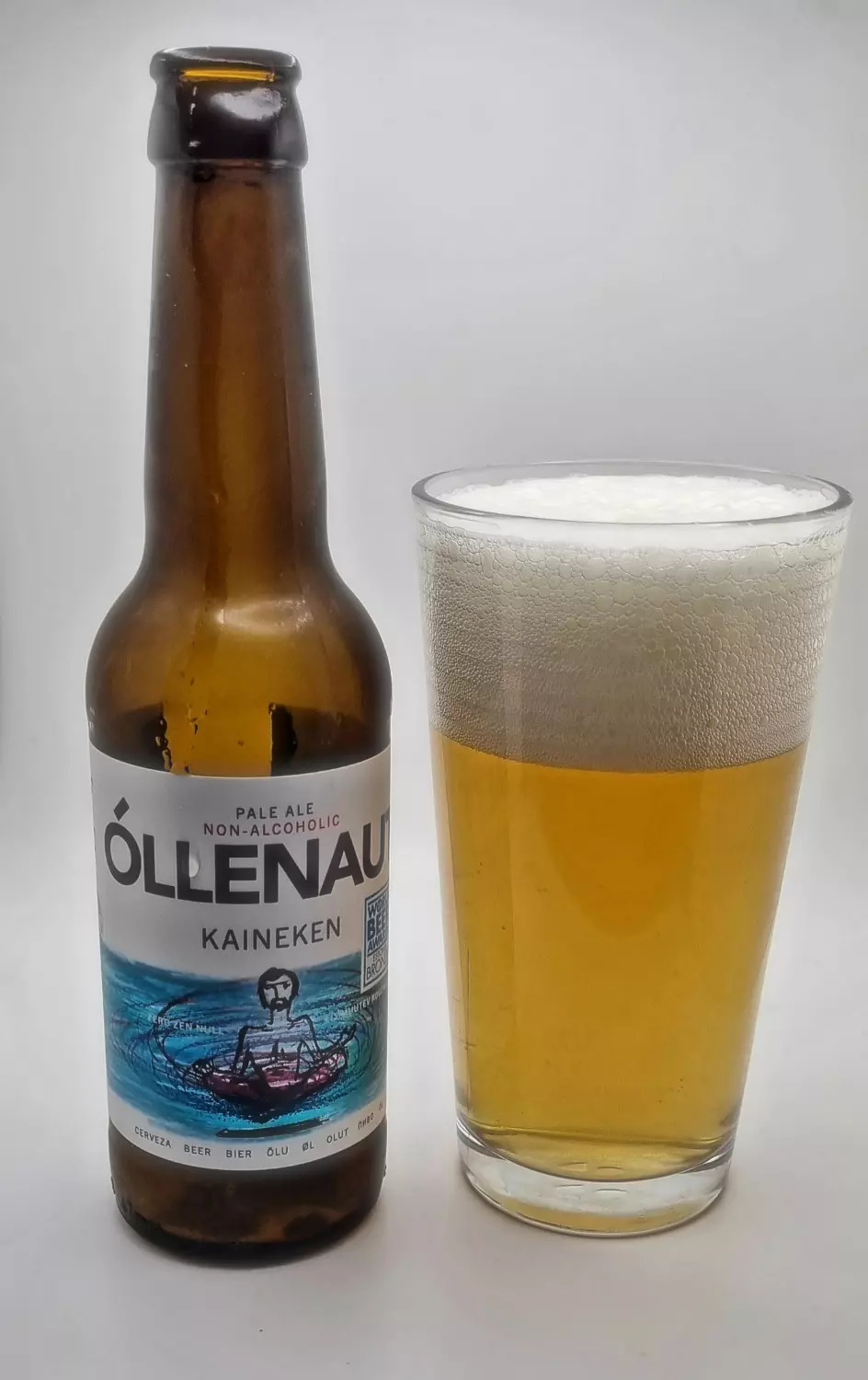
“Drunkenness is nothing but voluntary madness.”
-Seneca, AD 50 BC
